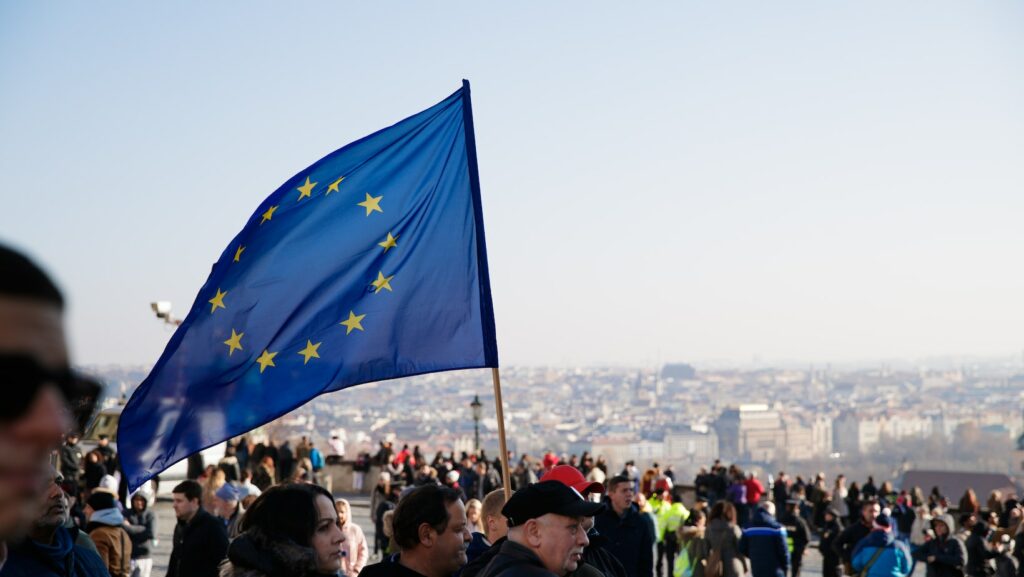The History Of The Term Civil Liberties Refers To Specific Individual Rights That

Civil liberties are a fundamental aspect of democratic societies, encompassing specific individual rights that protect individuals from government intrusion and ensure their freedom and autonomy. These rights serve as the cornerstone of a just and fair society, providing citizens with the ability to express themselves, practice their religion, assemble peacefully, and enjoy privacy without unwarranted interference.
One key aspect of civil liberties is the protection of freedom of speech. This essential right allows individuals to express their opinions, beliefs, and ideas without fear of censorship or punishment. It fosters open dialogue, encourages diverse perspectives, and promotes a robust exchange of ideas that can lead to social progress.
Another crucial component of civil liberties is the safeguarding of personal privacy. Individuals have the right to be free from unreasonable searches and seizures by law enforcement agencies or other authorities. This protection ensures that one’s personal information remains confidential unless there is a compelling reason for its disclosure.
In summary, civil liberties refer to specific individual rights designed to safeguard personal freedoms against government intervention and encroachment. The preservation of these rights is vital in maintaining an equitable society where individuals can freely express themselves while being protected from unnecessary intrusions into their lives.
The Term Civil Liberties Refers To Specific Individual Rights That
Civil liberties refer to specific individual rights that protect individuals from government interference. These rights are essential for maintaining a free and democratic society, ensuring that citizens have the freedom to express themselves, participate in political activities, and live their lives without unjustifiable constraints.
The Importance of Civil Liberties
Civil liberties serve as a cornerstone of democracy, providing individuals with the necessary safeguards against potential abuses of power by the government. They ensure that all citizens are treated fairly and equally under the law, regardless of their race, religion, gender, or any other characteristic.

Examples of Civil Liberties
- Freedom of Speech: One of the fundamental civil liberties is the right to freely express oneself without fear of censorship or reprisal.
- Freedom of Assembly: Individuals have the right to gather peacefully for protests, demonstrations, or other forms of collective action.
- Right to Privacy: Protecting personal privacy is crucial in safeguarding individuals from unwarranted intrusion by authorities.
- Due Process: Every person has a right to fair treatment within legal proceedings and cannot be deprived of life, liberty, or property without proper legal procedures.
- Freedom of Religion: People have the freedom to practice any religion they choose (or none at all) without interference from the government.
Balancing Individual Rights and Public Interests
While civil liberties are vital for protecting individual freedoms, it’s important to recognize that there may be instances where these rights can conflict with broader public interests, such as national security or public safety concerns. In such cases, courts often engage in a delicate balancing act between safeguarding civil liberties while also considering legitimate societal interests.
It’s crucial for society to continually evaluate and adapt its understanding and application of civil liberties as new challenges emerge in an ever-changing world. Striking an appropriate balance ensures that both individual rights and collective well-being are upheld in harmony.
Remember! Understanding civil liberties is essential for preserving the freedoms we cherish and ensuring a just and equitable society. Stay informed, engage in constructive discussions, and advocate for the protection of these rights to contribute to a thriving democracy.

 Is 48Ft3Ajx Harmful? What You Need to Know
Is 48Ft3Ajx Harmful? What You Need to Know  The Ultimate Guide to Off-Piste Skiing in the Alps
The Ultimate Guide to Off-Piste Skiing in the Alps  Htsicret: Understanding Its Significance
Htsicret: Understanding Its Significance  Is Vallpo523.zvc5.0o Good For Skin?
Is Vallpo523.zvc5.0o Good For Skin?  The Importance of Effective Infotainment Solutions for Safety and Navigation
The Importance of Effective Infotainment Solutions for Safety and Navigation  Progression Guide for Successful Clash Royale Boosting for Beginners Who Want to Develop Their Account Faster
Progression Guide for Successful Clash Royale Boosting for Beginners Who Want to Develop Their Account Faster